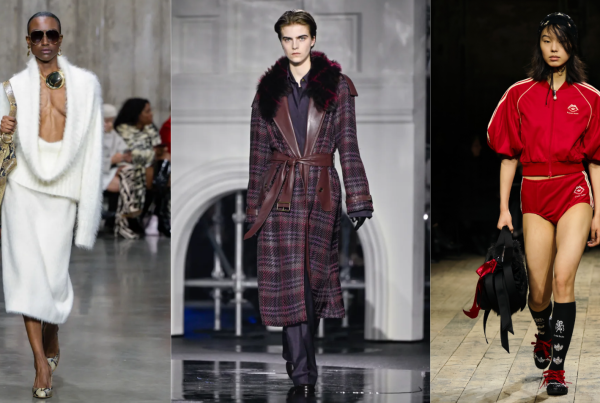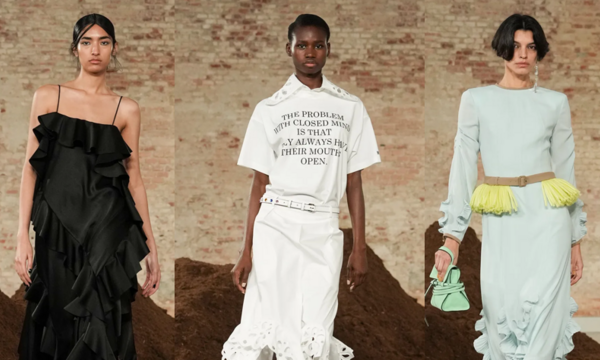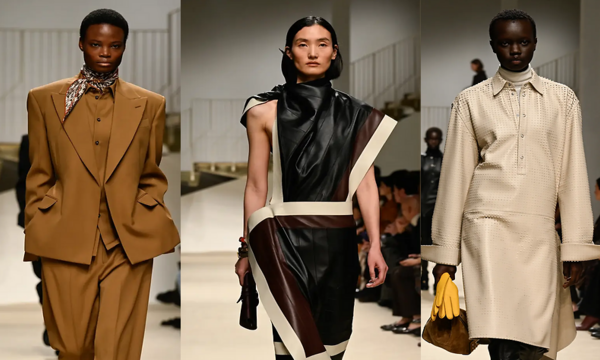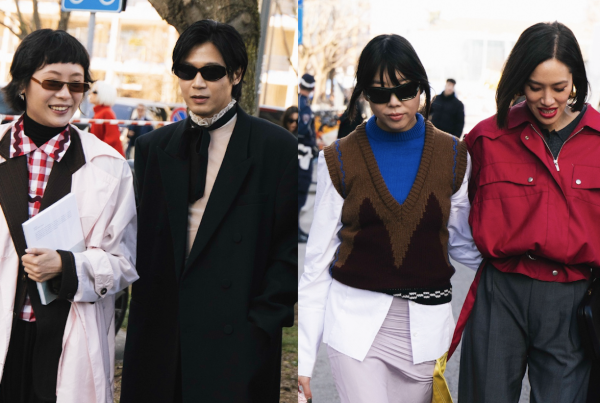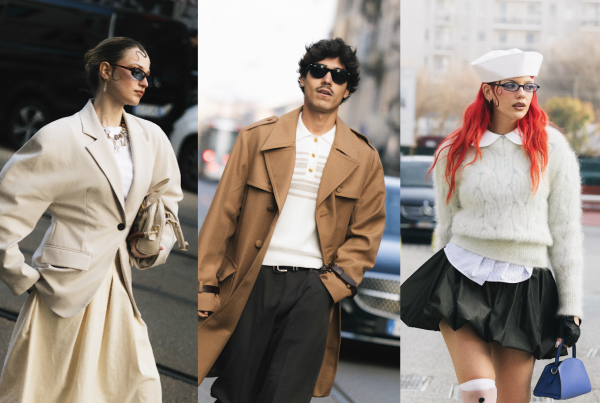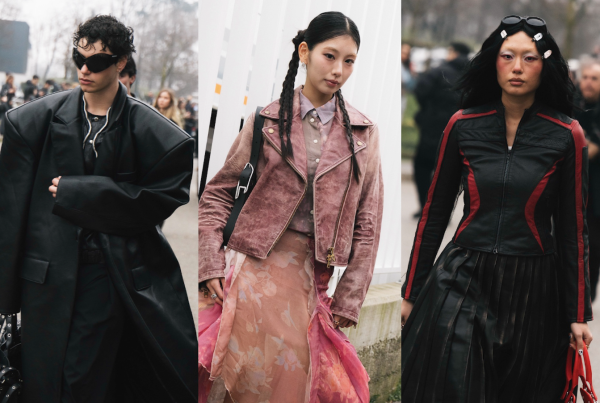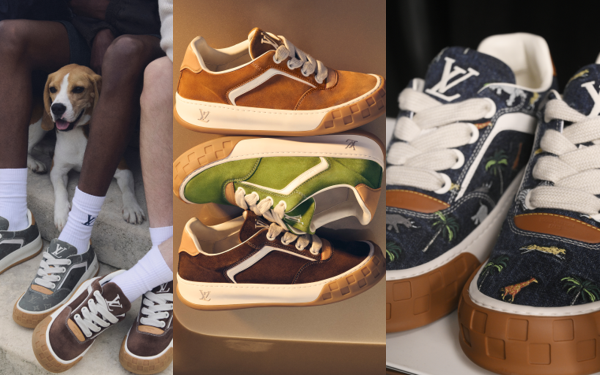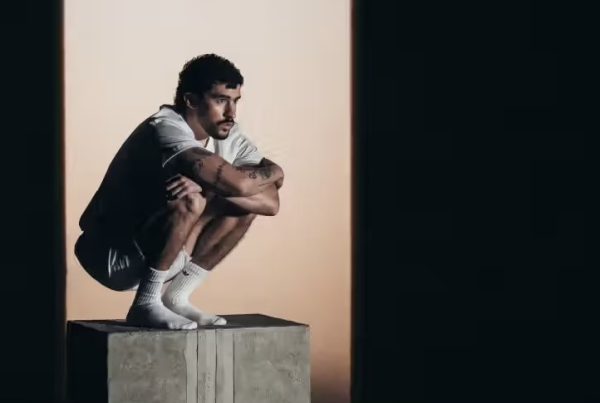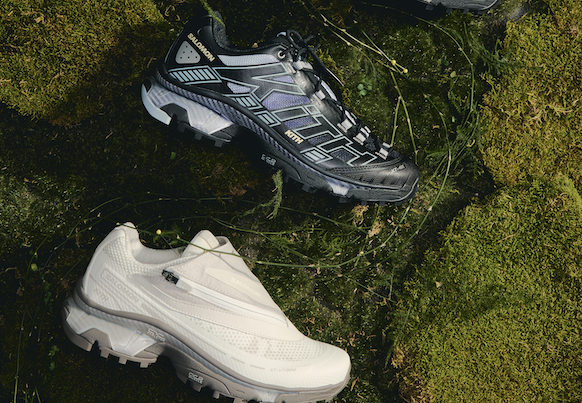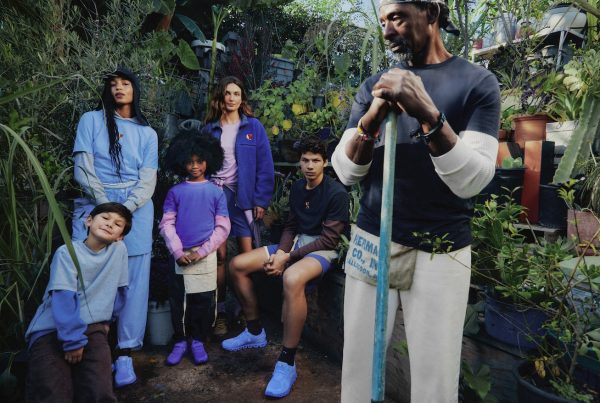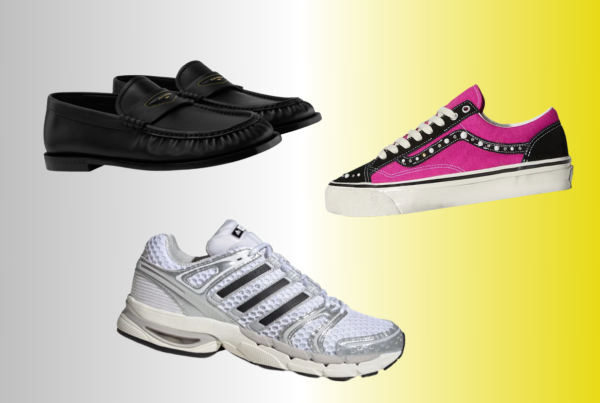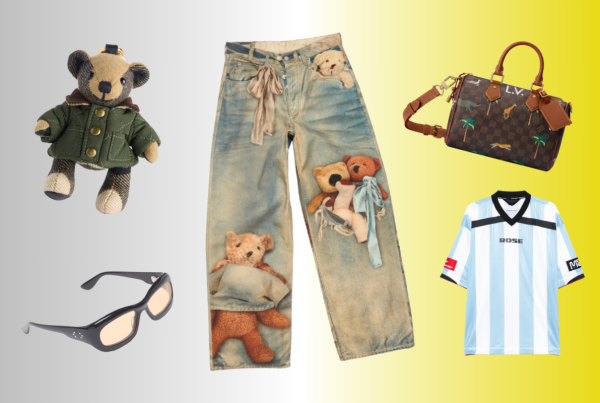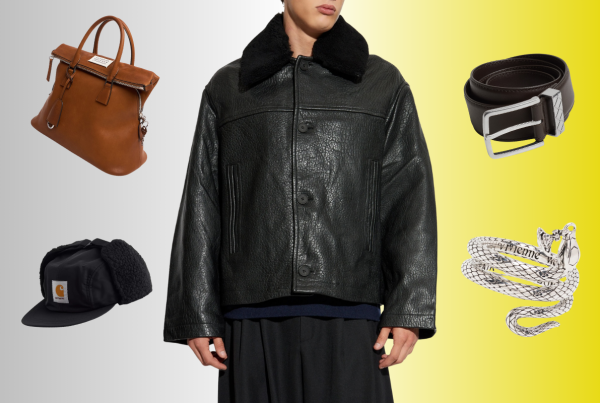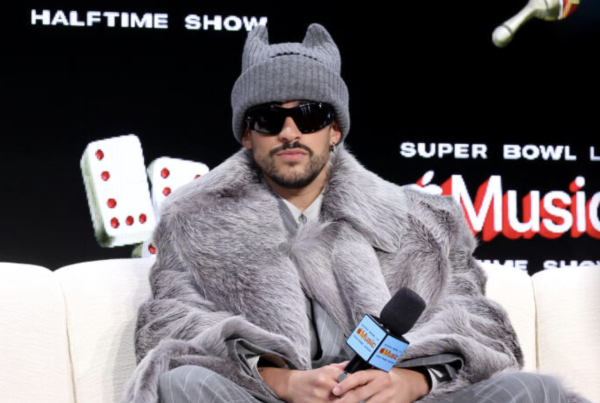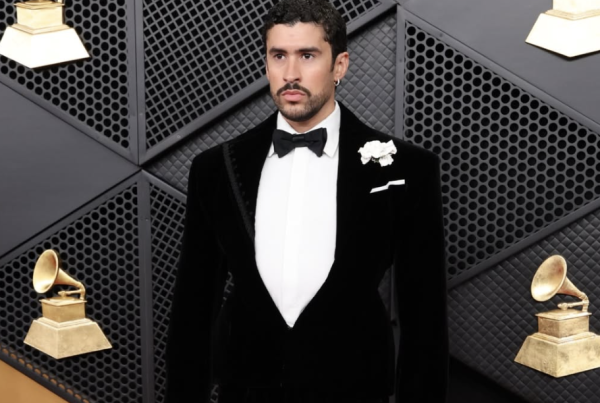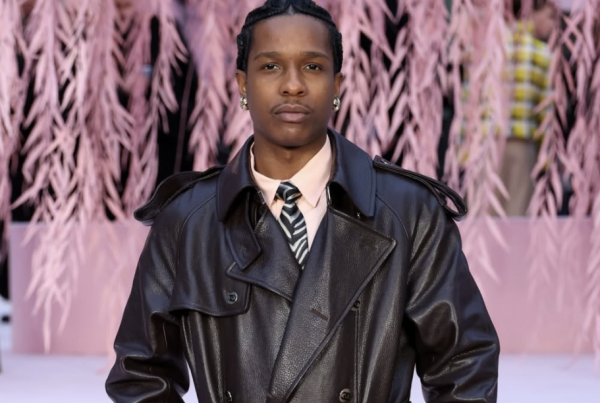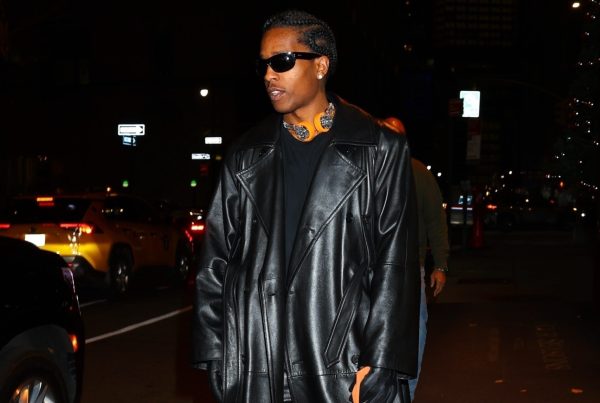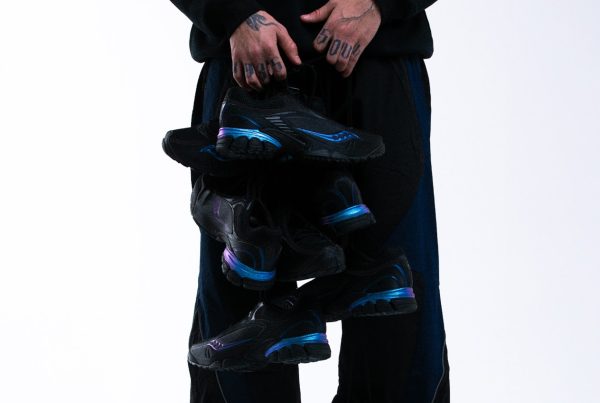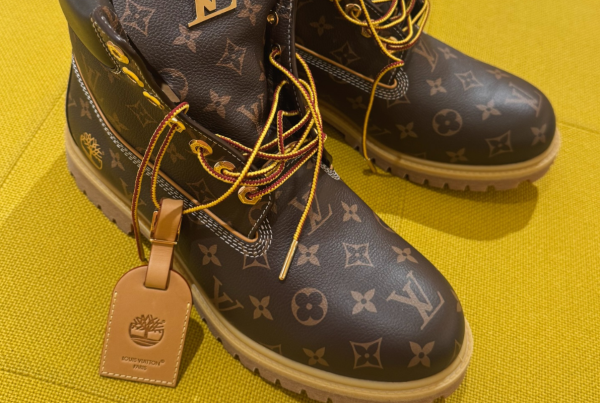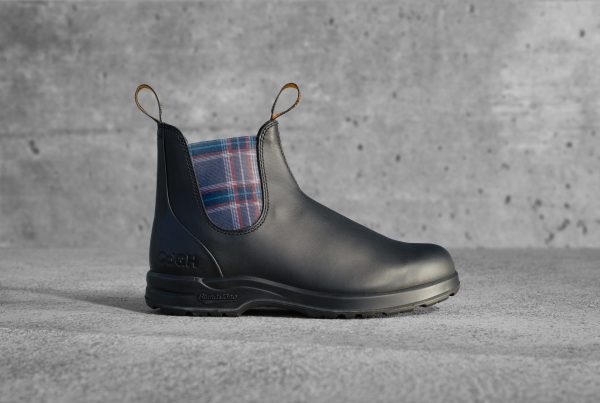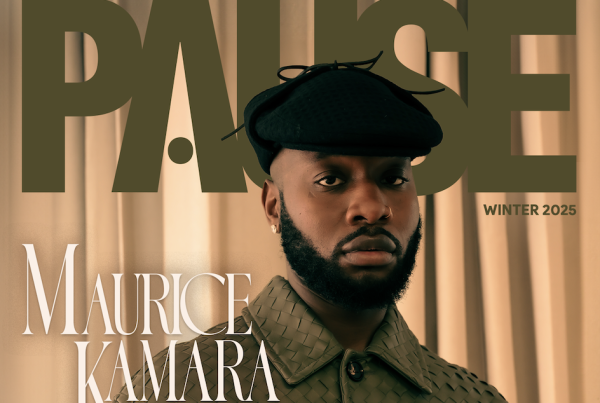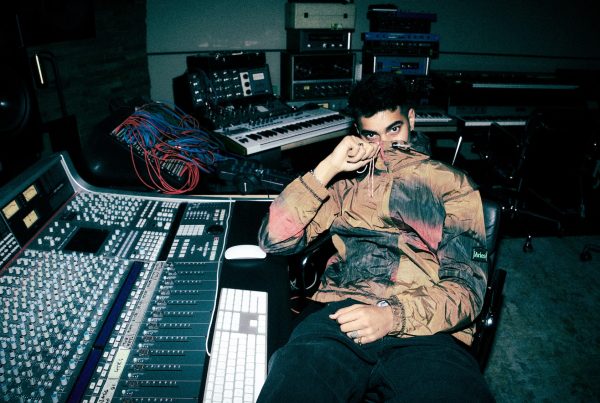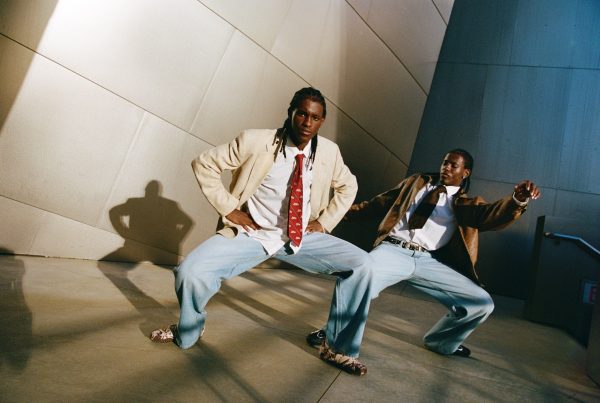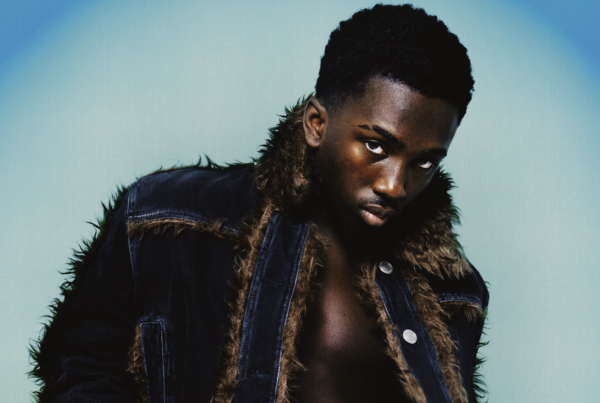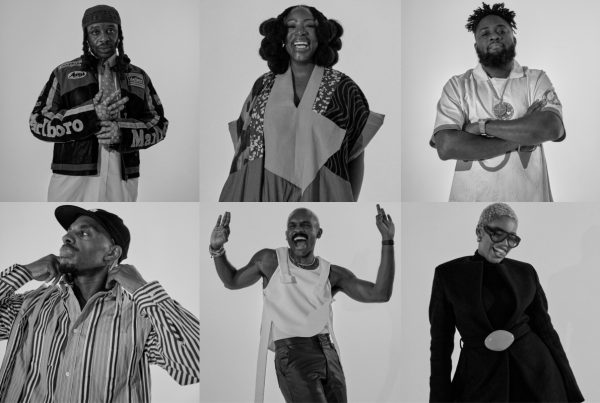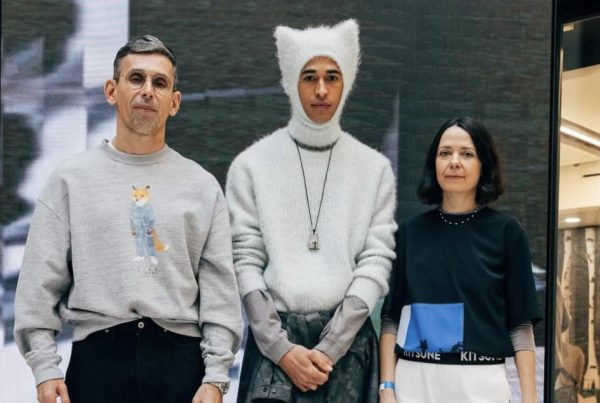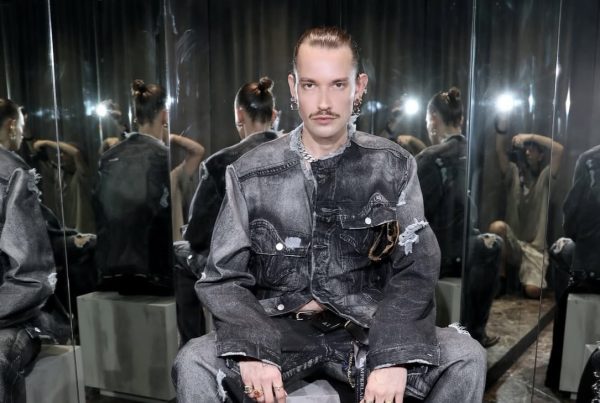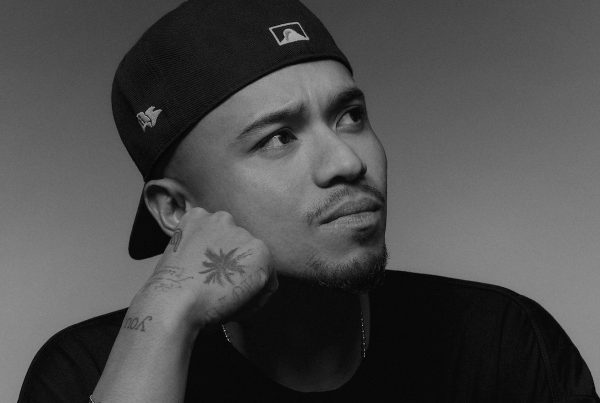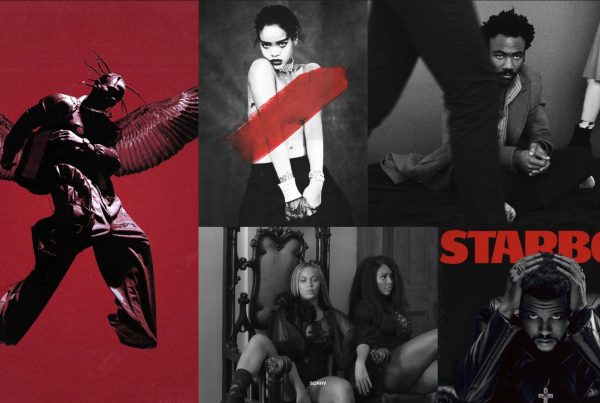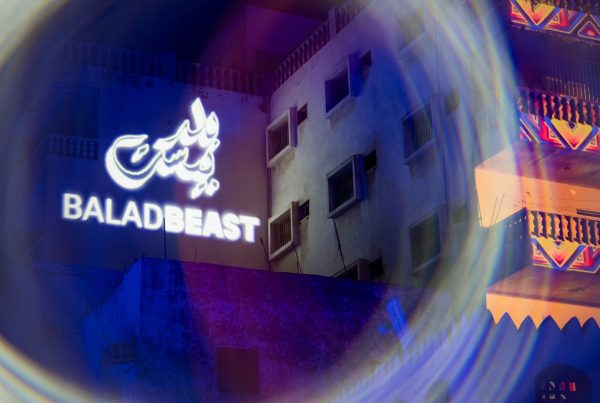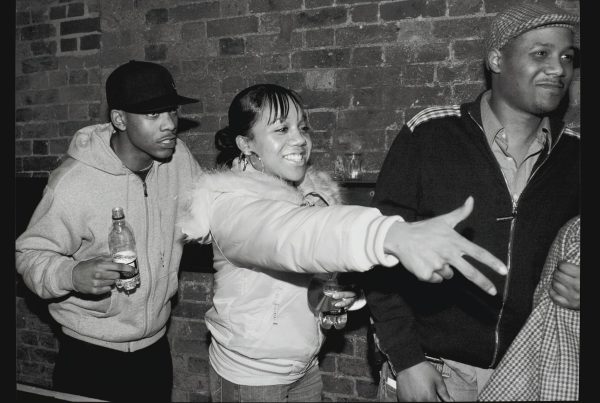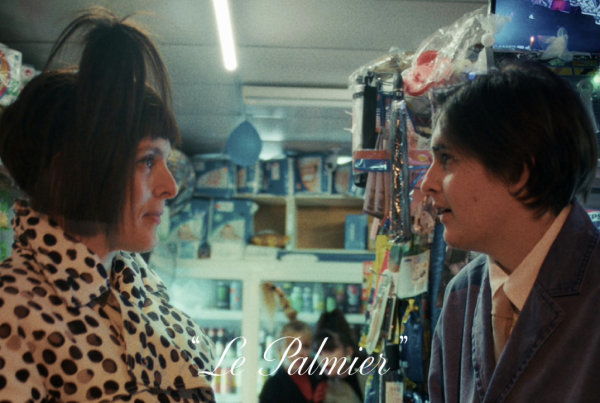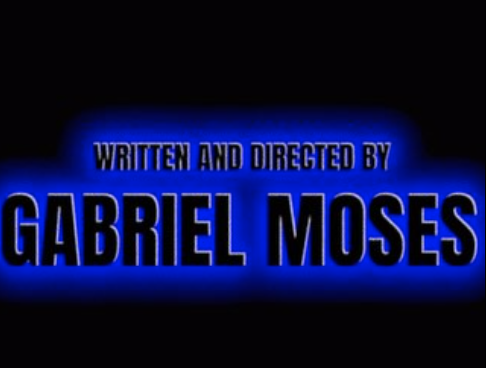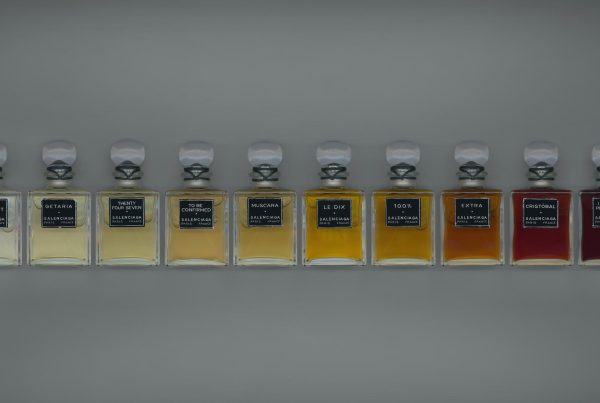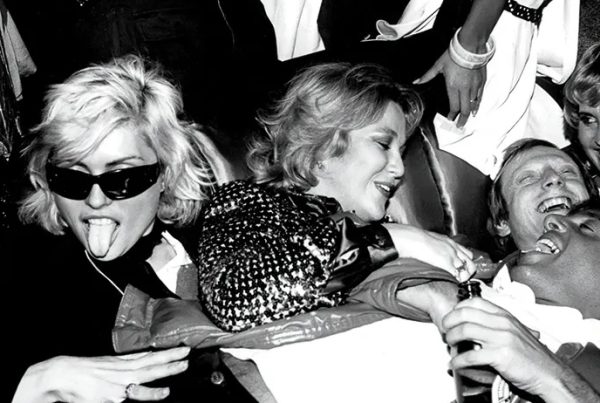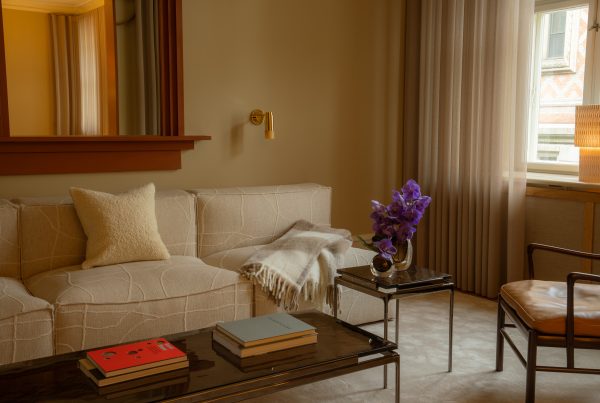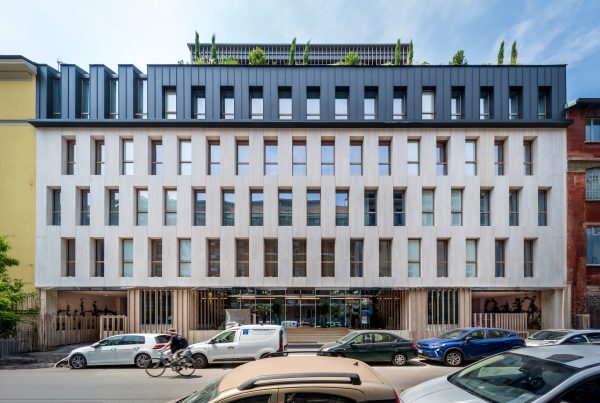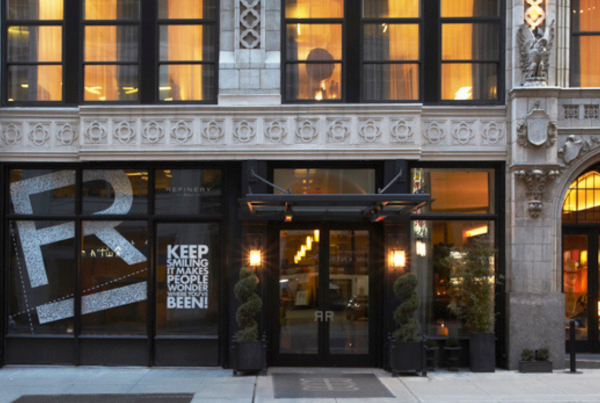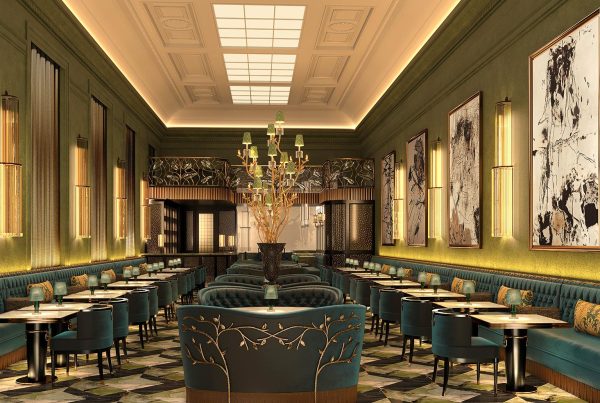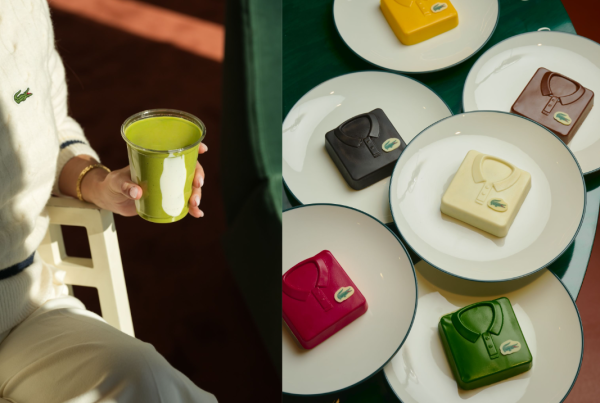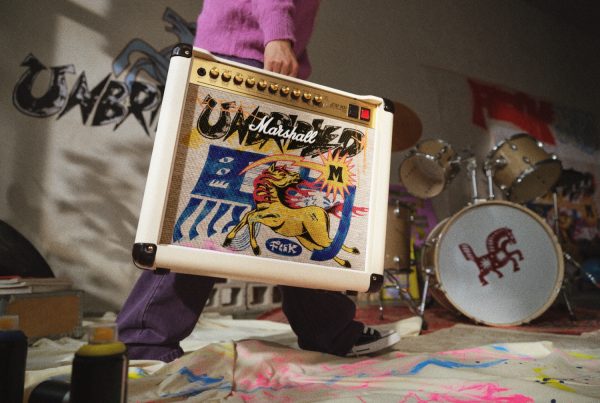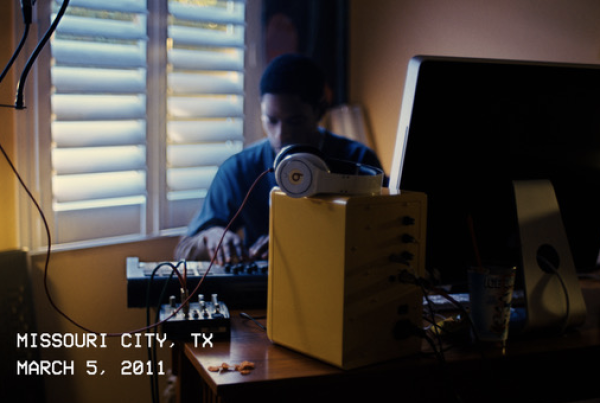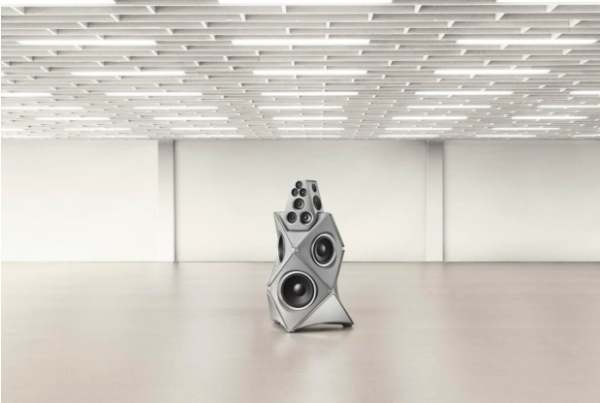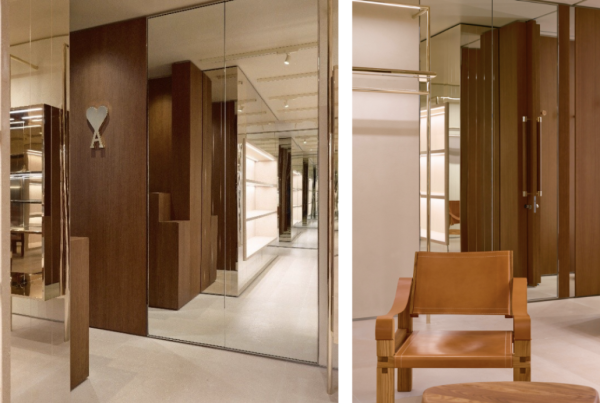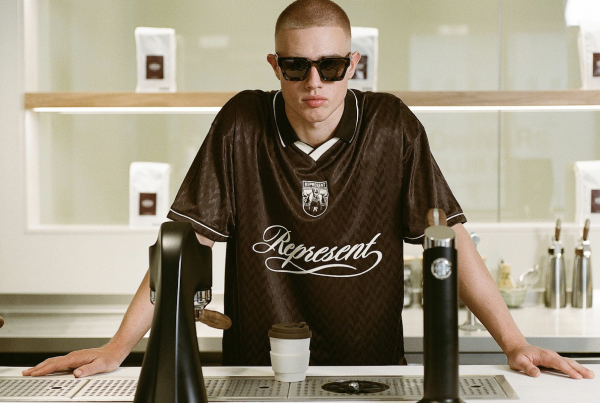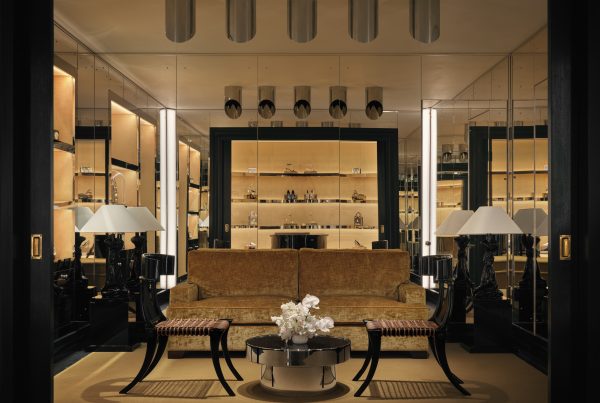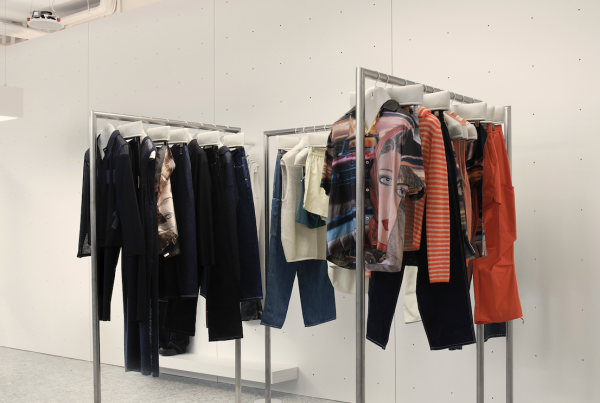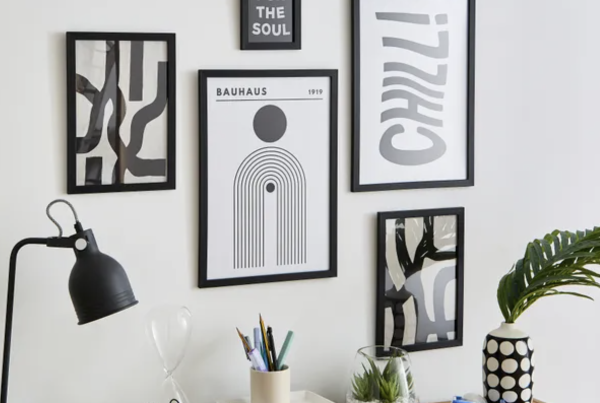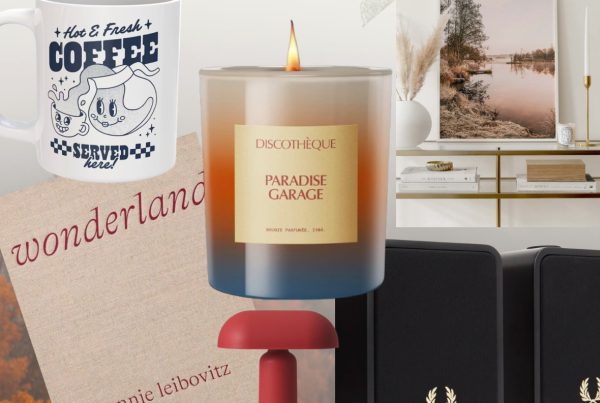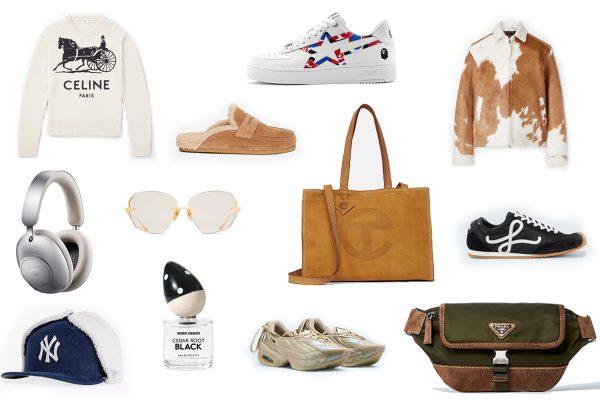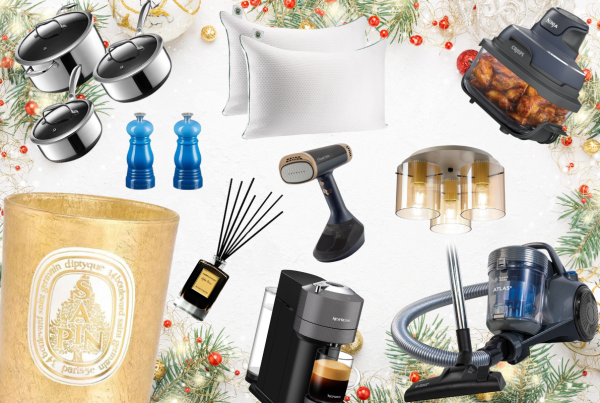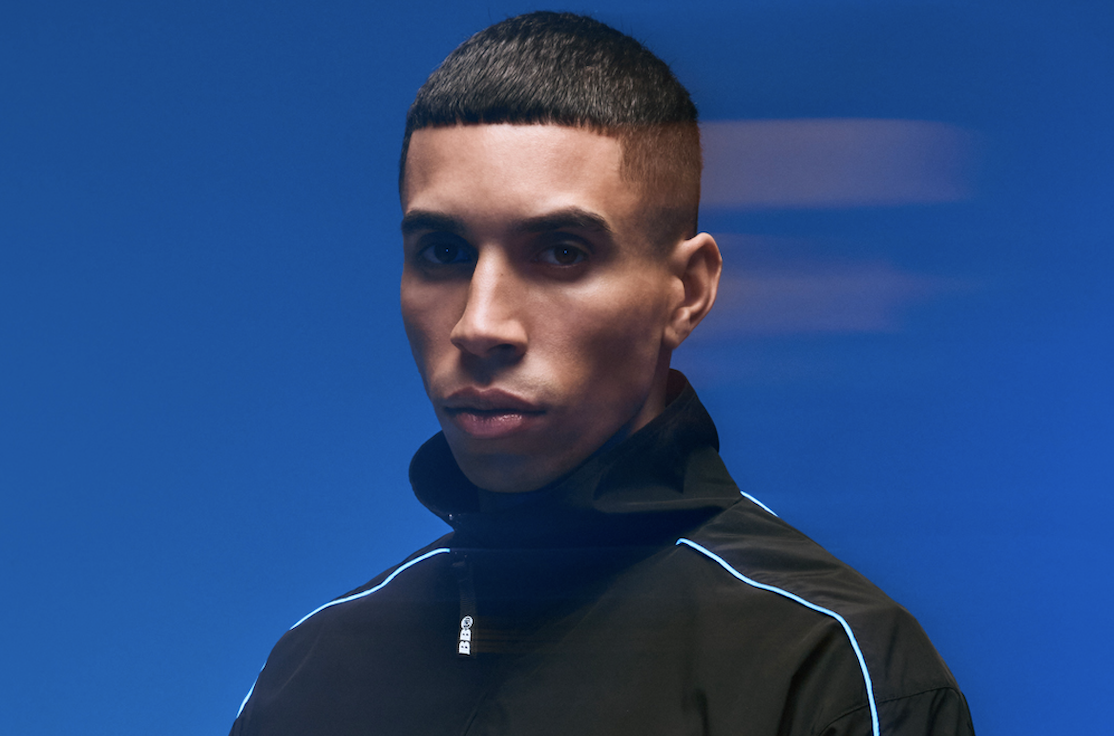Where timeless sophistication meets modern edge.
Fashion is more than material; it’s a movement, an art form that can often transcend into philosophy, or at least that’s the case for visionary designer Sean Coutts, who founded Pas Une Marque—”Not a Brand”—a label that boldly breaks away from traditional fashion norms. With its minimalist, conceptual approach, Pas Une Marque rejects the industry’s obsession with logos and labels, redefining luxury through impeccable craftsmanship, superior fabrics, and an air of understated elegance.
Exploring themes of identity, perception, and social commentary while blending high-end streetwear aesthetics with profound artistic expression, PAUSE delves deeper in an exclusive interview with Sean Coutts, revealing the philosophy behind Pas Une Marque and its vision for the future of fashion.
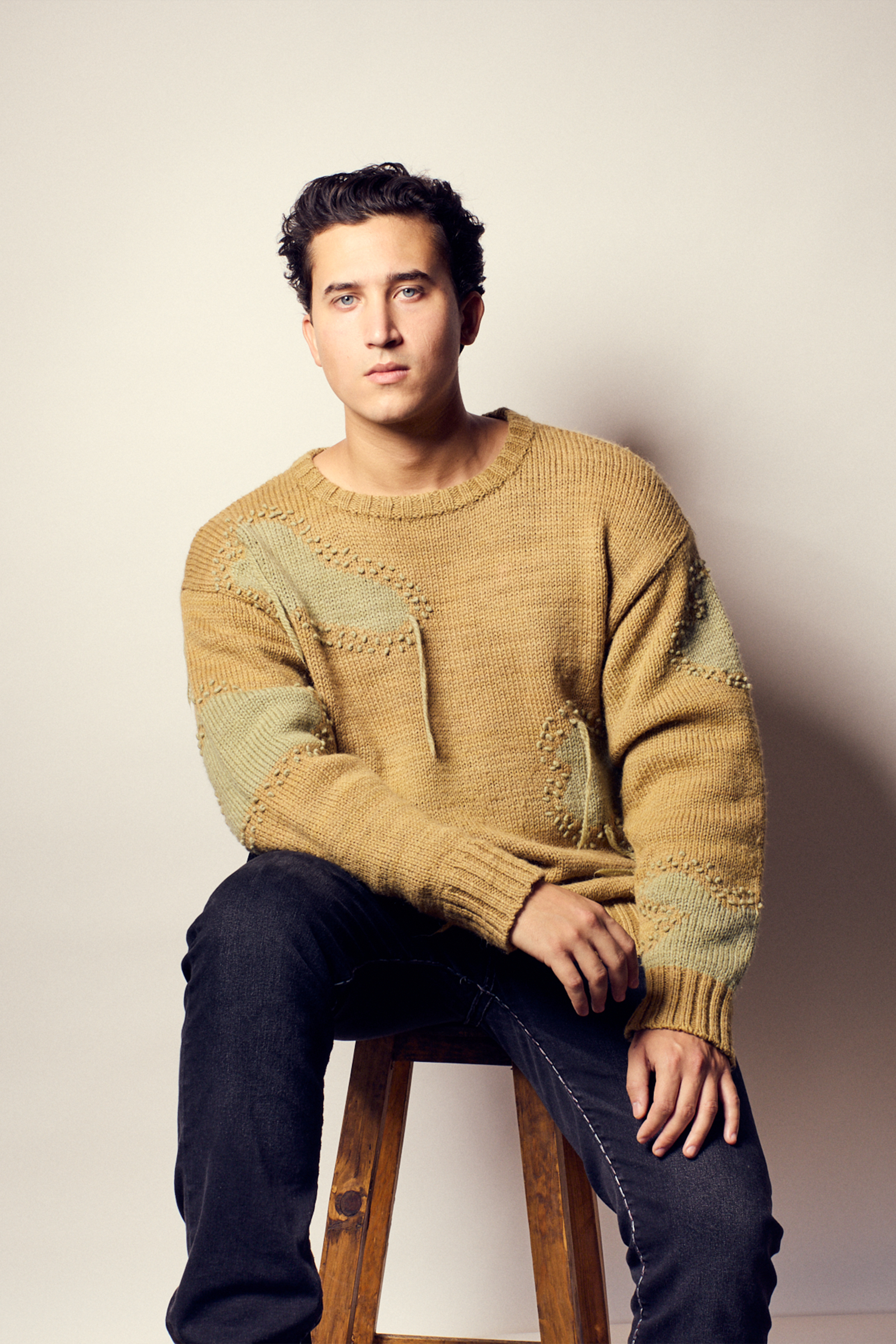
PHOTO CREDIT: Sean Coutts, founder and creator of Pas Une Marque.
“Pas Une Marque,” meaning “Not a Brand,” goes beyond the confines of traditional fashion labels. How does this profound philosophy influence your design approach, especially when it comes to branding?
Pas Une Marque is all about more than just creating clothes; it’s about crafting a narrative that challenges traditional ideas of what fashion should be. The brand’s philosophy—centered around dissent and questioning norms—really shapes every decision I make in design. I don’t want to just make garments; I want each piece to carry a deeper message. The concept of “Not a Brand” is central to this. It’s a rejection of the typical branding that relies on labels and language. Like René Magritte’s The Treachery of Images, which questions the relationship between words and reality, I want our designs to provoke thought and offer a space for intellectual exploration. We’re not just making products, but statements.
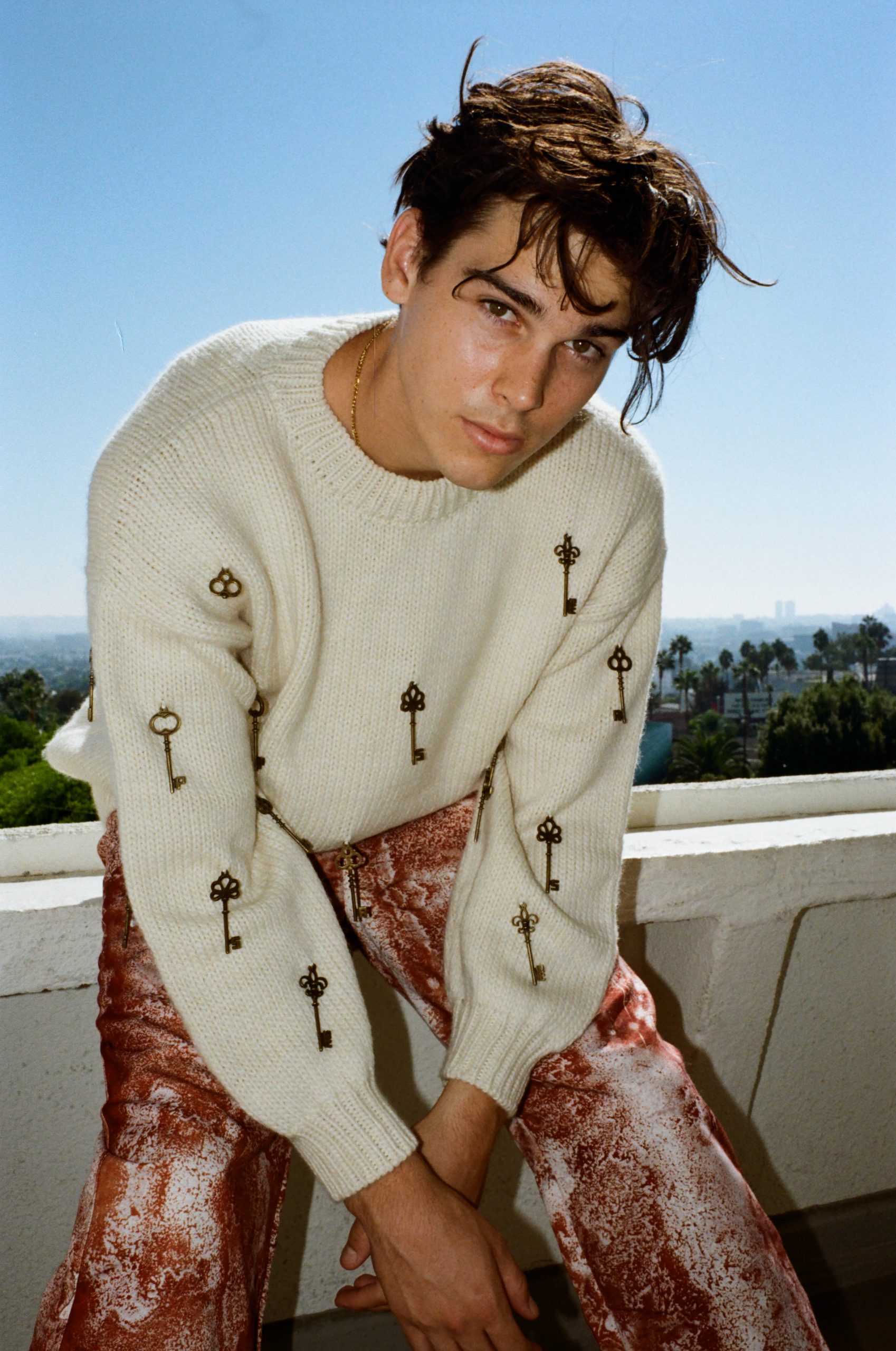
PHOTO CREDIT: Collection imagery courtesy of Pas Une Marque
Looking deeper…your brand name references René Magritte’s painting “The Treachery of Images.” How does Magritte’s idea of questioning reality and perception feed into that same design process and theme?
Looking deeper into the connection with René Magritte’s The Treachery of Images and how it influences Pas Une Marque, it was actually a perfect way for me to showcase my studies in philosophy. Having studied philosophy, it felt natural to weave those ideas into the design process. Magritte’s exploration of the gap between language and perception, like the famous “This is not a pipe” statement, really resonates with what we’re doing. We’re questioning the relationship between fashion and meaning. The brand is not just about clothing but about provoking deeper thought in those who engage with it. By incorporating these philosophical ideas, I found a way to combine my academic background with my passion for fashion, making each collection an extension of that intellectual exploration.
Did you always envision incorporating a philosophical outlook into your business, or did it naturally become an integral part of the process?
I always envisioned incorporating philosophy into Pas Une Marque from the very beginning. The idea was clear right when I came up with the name. I wanted to challenge not just fashion norms but societal ones, too. The name itself—”Pas Une Marque,” or “Not a Brand”—is rooted in the philosophical questioning inspired by René Magritte’s The Treachery of Images. From the start, I saw fashion as the perfect platform to weave in philosophical concepts, to create more than just garments but pieces that inspire deeper thinking. So yes, philosophy has always been central to the brand’s identity and everything we create.

PHOTO CREDIT: Collection imagery courtesy of Pas Une Marque
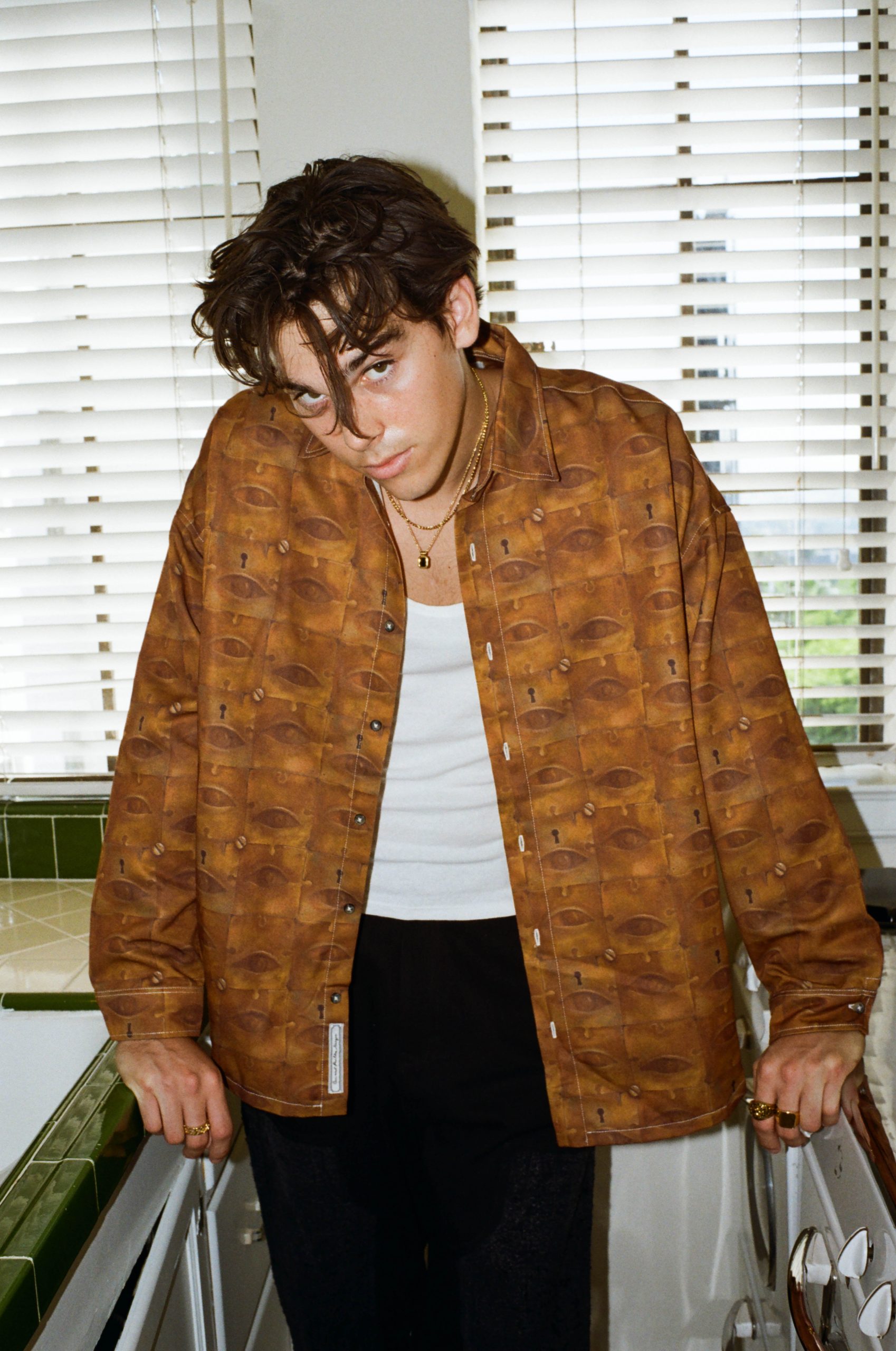
PHOTO CREDIT: Collection imagery courtesy of Pas Une Marque
It’s interesting to see how the brand aims to question established norms and promote alternative thinking – like we have discussed. How do you encourage this mindset within your creative team?
I’m sure that collaborative mindsets play a crucial role in the creative process. Within the team, I make sure to foster a collaborative environment where everyone is encouraged to think differently. We don’t just follow trends; we’re always looking for ways to innovate and break boundaries. Whether it’s through the materials we choose—like the use of Pima cotton and alpaca from Peru—or the techniques we use, like traditional embroidery applied in new ways, the idea is to disrupt expectations while maintaining a high level of craftsmanship.
And with that, there is an evident influence on the graphic and thematic elements – the art, the typography, and even down to the names of collections…
Absolutely, there’s a strong influence of philosophy in the graphic and thematic elements of Pas Une Marque. From the typography to the collection names, every detail is intentional. The graphic elements, for example, are often inspired by surrealist art, echoing the philosophical themes of questioning reality and perception. Our typography is minimalist yet bold, reinforcing the idea of clarity in thought and design. Even the names of our collections—like Seams of Dissent and Embroidery of Disruption—reflect a deeper philosophical inquiry. They aren’t just names; they represent the ethos of rebellion and the deconstruction of societal norms that we weave into every piece.
The names are carefully chosen to evoke reflection and challenge the viewer’s expectations of fashion. Each collection explores these ideas through different materials, textures, and symbols, ensuring that every aspect of the design, down to the fonts and visuals, aligns with the larger narrative we’re telling.
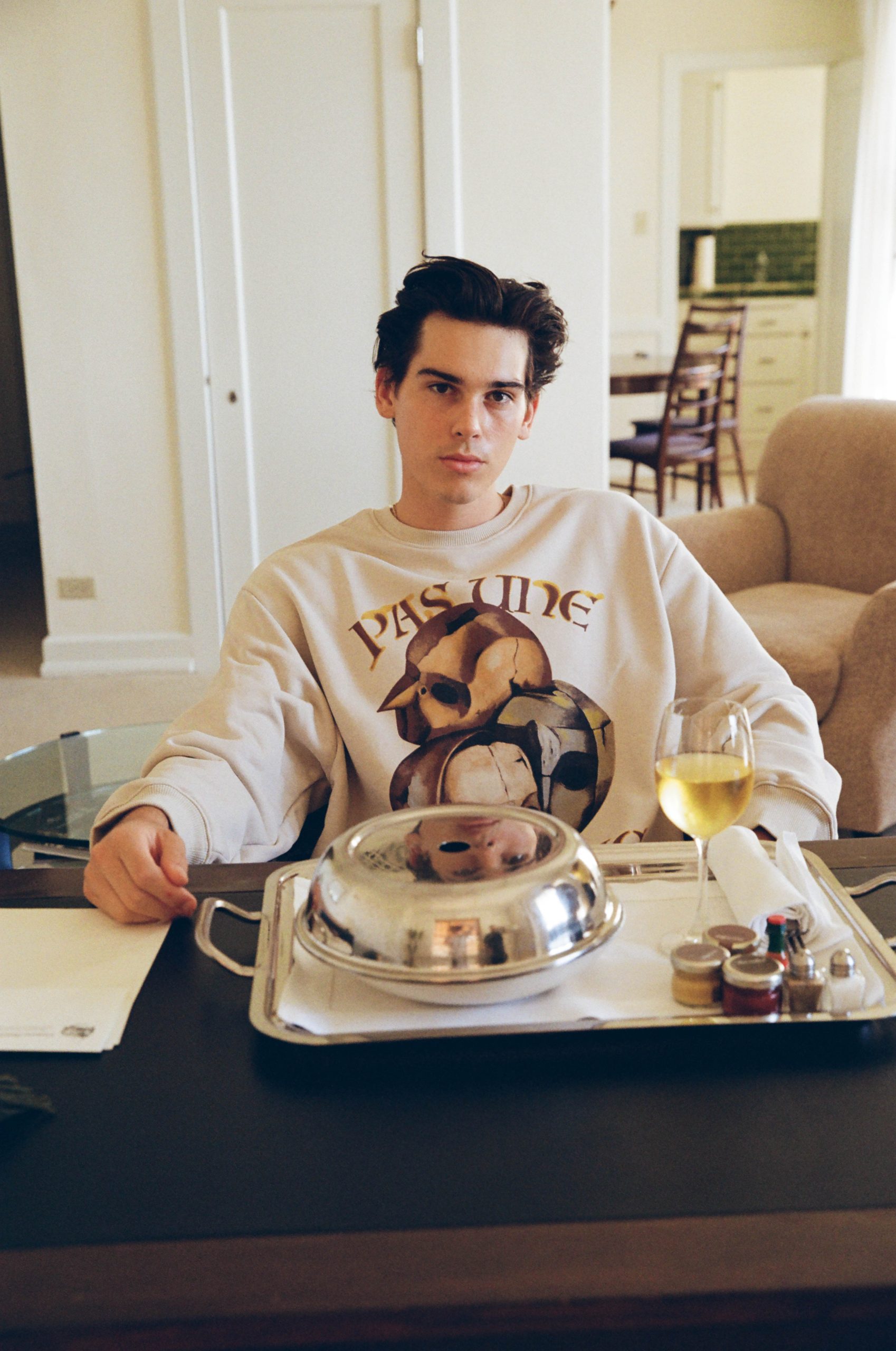
PHOTO CREDIT: Collection imagery courtesy of Pas Une Marque
You were born in Miami and raised in Peru. The contrast between these locations has undoubtedly influenced your work. Beyond the clothing, in what ways do Miami and Peru continue to inspire your creativity?
Miami and Peru continue to influence me beyond just the clothing. There’s this constant back and forth between the dynamic energy of Miami and the deep cultural heritage of Peru. The way we craft our garments in Peru, with a focus on sustainability and ethical practices, ties into this. It’s important to me that we not only reflect that heritage but also stay true to our values in every step of production.
Following onto a more practical note, your garments are too crafted in Peru, reflecting a commitment to local craftsmanship and ethical practices. How do you ensure that your production methods align with your brand’s values?
Our commitment to local craftsmanship and ethical practices is something we take very seriously at Pas Une Marque, especially since our garments are crafted in Peru. We ensure that our production aligns with our values by working closely with artisans and suppliers who adhere to fair labor practices. For instance, all of our materials are sourced responsibly, with a focus on sustainability. We use high-quality fabrics like Pima cotton and alpaca wool, which are locally sourced from the mountainous regions of Peru. This not only supports local communities but also ensures that our materials meet the highest standards of quality and environmental responsibility.
Additionally, we oversee the entire production process, from sourcing to final manufacturing, to make sure that everything aligns with our brand’s ethical standards. This means paying workers a fair wage and employing sustainable practices, such as using natural dyes and minimising waste through efficient cutting techniques. We’ve also integrated eco-friendly knitwear into our collections, furthering our pledge toward a greener future. By staying involved at every step, we guarantee that our garments reflect the values of responsible sourcing, ethical production, and high craftsmanship.
Can you share some insights into the materials and techniques that define your work?
The materials and techniques that define our work at Pas Une Marque are grounded in sustainability, craftsmanship, and innovation. We predominantly use high-quality fabrics like Pima cotton and alpaca wool, both of which are sourced from Peru. Pima cotton, often referred to as one of the finest cottons in the world, gives our garments a luxurious feel and durability. Alpaca wool, sourced from the highlands of Peru, adds a tactile elegance and warmth to our collections. These materials not only ensure quality but also reflect our commitment to supporting local artisans and sustainable practices.
In terms of techniques, we combine traditional craftsmanship with modern innovation. For instance, we’ve used rust dyeing techniques, where organic fabrics are treated with rusty nails and vinegar to create unique, raw patterns that give each piece an individual character. This process allows us to create garments that are not only visually striking but also environmentally conscious (PasBrandDeckV5). Additionally, intricate embroidery techniques play a big role in collections like Embroidery of Disruption, where we take traditional methods and apply them in disruptive ways to challenge the expectations of what fashion can be. We also emphasise ethical production through the use of natural dyes and zero-waste cutting techniques, ensuring that our manufacturing process aligns with our commitment to sustainability and the preservation of artisanal techniques.
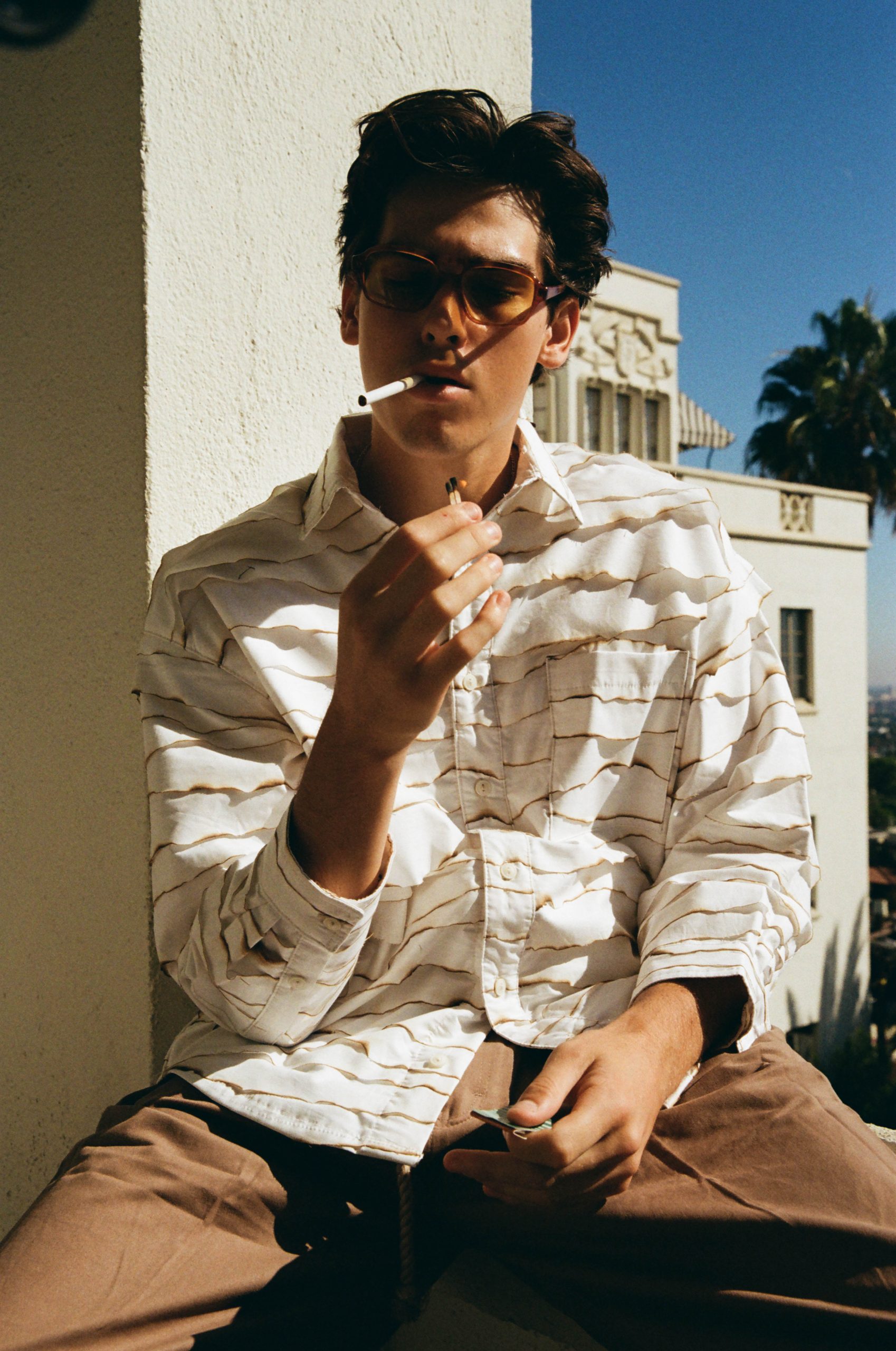
PHOTO CREDIT: Collection imagery courtesy of Pas Une Marque
Looking back, “Seams of Dissent” was presented at New York Men’s Day, marking a significant milestone for Pas Une Marque. How does a platform like Men’s day enhance your ability to convey your message?
Presenting Seams of Dissent at New York Men’s Day was a pivotal moment for Pas Une Marque. Platforms like Men’s Day offer incredible visibility and allow us to connect with an audience that values creativity and individualism. It provided the perfect stage to convey our message of challenging societal norms through fashion, as the event itself celebrates diversity in design and encourages innovation. The energy of the event was palpable, and the feedback we received reinforced the relevance of our ethos of dissent and disruption. It gave us the chance to showcase not just garments, but the philosophical ideas behind them, like the metaphor of unlocking new perspectives through the key motifs in Seams of Dissent.
Being part of such a well-regarded event also helped us elevate our narrative on a larger scale. It enabled us to show that fashion can be more than just about aesthetics—it can be a platform for intellectual engagement and self-expression, which is core to what we do at Pas Une Marque.
We have already had a taster of your upward trajectory through your Spring/Summer 2025 delivery – what else can we expect moving forward? May you share your aspirations for the future of Pas Une Marque?
Looking ahead, Pas Une Marque will continue to push boundaries with even more innovative techniques and sustainable practices. Following the success of the Embroidery of Disruption collection, we’re eager to explore new, sustainable materials like biodegradable fabrics and expand our zero-waste production methods. We will also maintain our commitment to merging traditional craftsmanship with modern innovation, using techniques like embroidery and rust dyeing in unexpected ways to challenge norms and redefine luxury fashion.
A larger aim for Pas Une Marque is to communicate this message of philosophy and critical thinking to others, particularly in low-income communities around the world. We believe that fostering critical thinking skills is essential, especially in areas where access to such education is limited. Our goal is to empower people, especially the younger generation, to challenge established norms and think deeply about the world around them. This mission aligns with the core values of Pas Une Marque—it’s about more than just fashion; it’s about inspiring a new way of thinking.
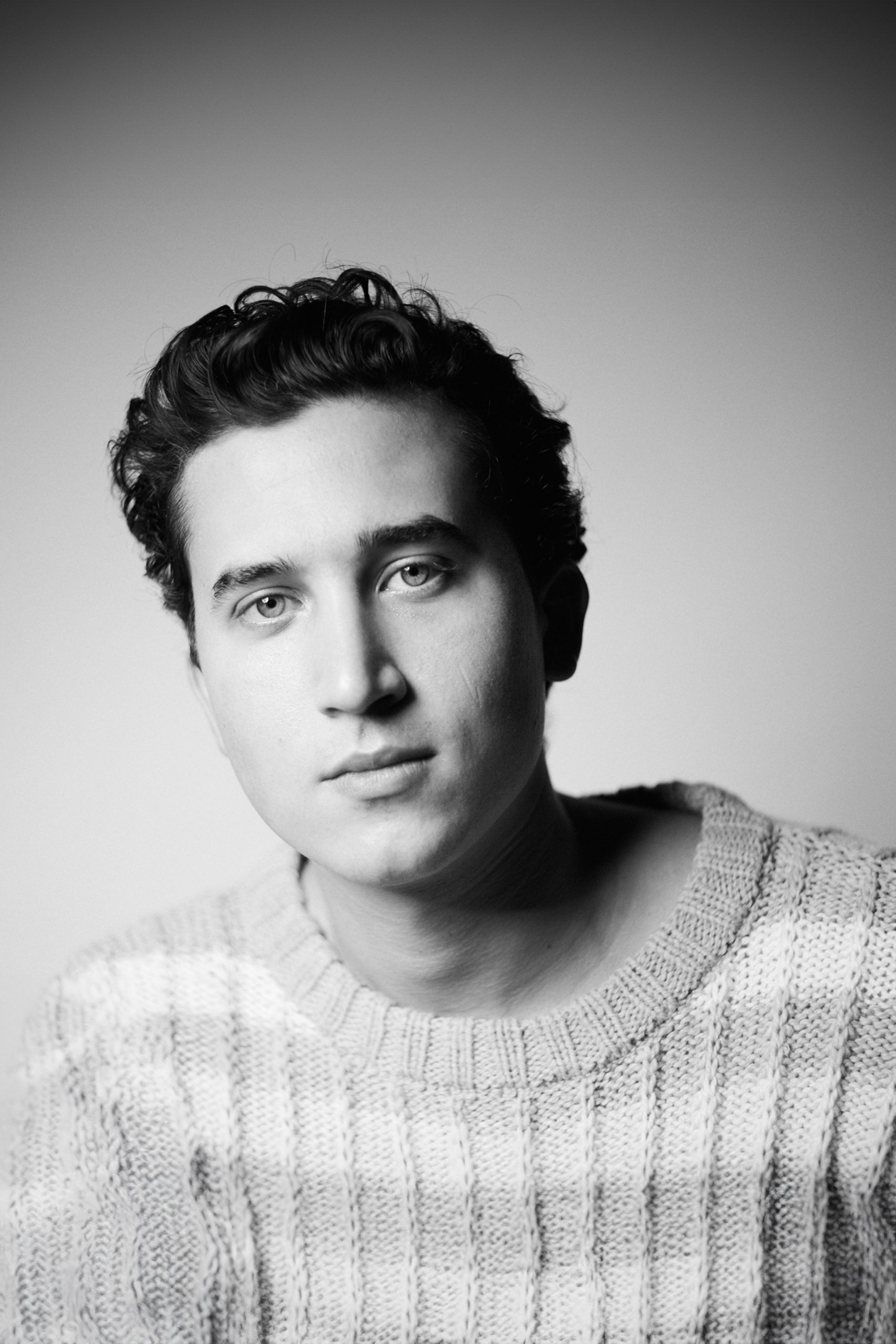
PHOTO CREDIT: Sean Coutts, founder and creator of Pas Une Marque.

